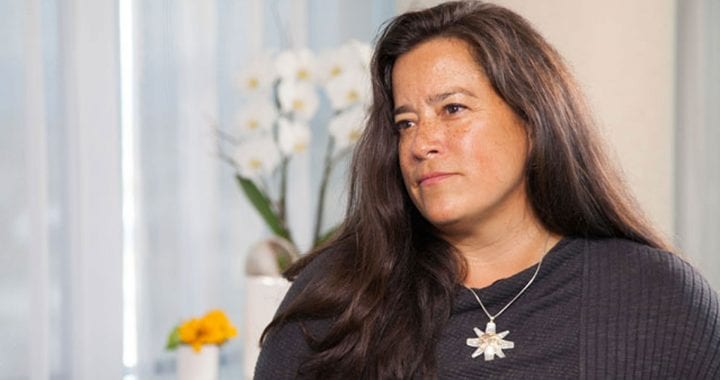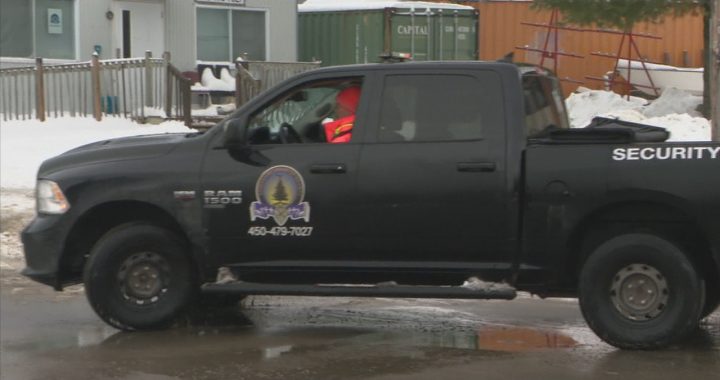
A powwow at Enoch Cree Nation helped celebrate 30 years of the Treaty 6 confederacy. Photo: Danielle Paradis
Chiefs, dignitaries and elected officials from across Alberta joined Enoch Cree Nation, just outside Edmonton, to mark a milestone birthday for the Treaty 6 confederacy.
“The confederacy was created 30 years ago with the belief that together – united – their voice was stronger,” said confederacy executive director Kayli Avveduti.
The office of the confederacy was created in 1993 to serve as a united political voice for First Nations within Treaty 6.
“We share a lot of the same positions on issues like education, water and health,” said Avveduti. There are 16 nation members that make up the confederacy.
The Papal visit of 2022 was one of its most recent accomplishments, and another historic step in the Catholic Church’s relationship with Indigenous peoples.

“Chief George Arcand [the former grand chief of Treaty 6] made it very clear that the Pope was going to come to Treaty 6 for First Nations people,” said Avveduti.
Amarjeet Sohi, the mayor of Edmonton, attended the celebration.
He and current Grand Chief Leonard Standingontheroad spoke about a new letter of intent to address a lack of affordable housing for Indigenous people.
“You go to the city of Edmonton – or any city really – and you see the way that First Nations people are affected,” said Standingontheroad.
The chief said he was frustrated with having to deal with multiple layers of government to address issues like addiction, education and housing.

“We are always begging for more funding but it seems like a game for them,” said Standingontheroad.
“Those are major issues and we need to be brought to the table,” he said.
Sohi, in a statement emailed later to APTN News, said he was proud of the “strong relationship” the city had with the confederacy.
“We have had a Memorandum of Cooperation and Dialogue with the Confederacy since 2012, which we reaffirmed in 2021.”
He called the letter of intent the “next step” in the partnership.
Overrepresented
“Indigenous people are overrepresented among those who are in core housing need and those who are houseless in Edmonton,” Sohi said.
Larson and Juliann Yellowbird were called to organize the powwow, which ran from 12 pm-12 am and had many dancers across the province competing.
Yellowbird and his wife called it a “huge honour” to arrange the event and talked about his own family’s legacy at the powwow.
“I can count back six generations of my dance style, men’s fancy,” said Yellowbird. They both said it was an important anniversary of attempts by leadership to keep their culture strong.










